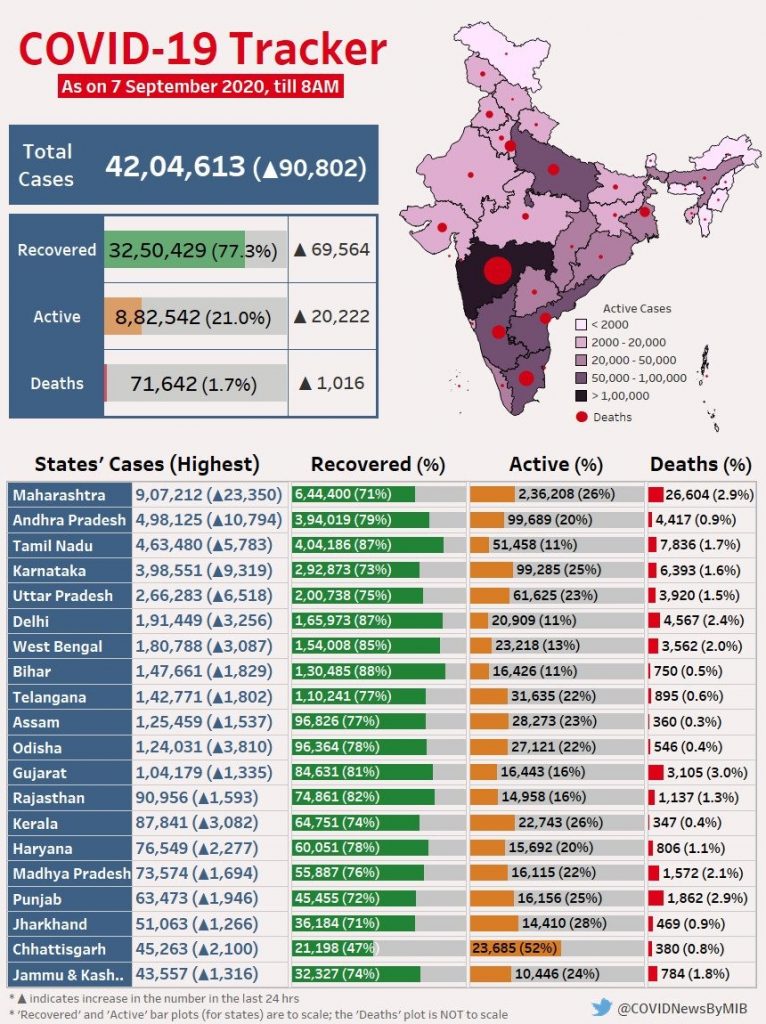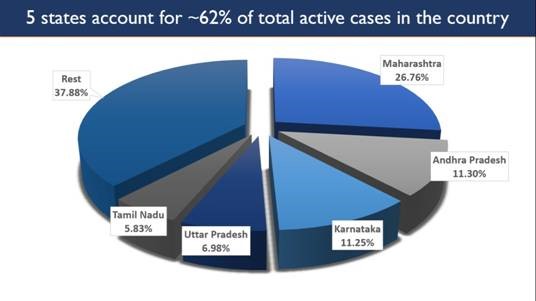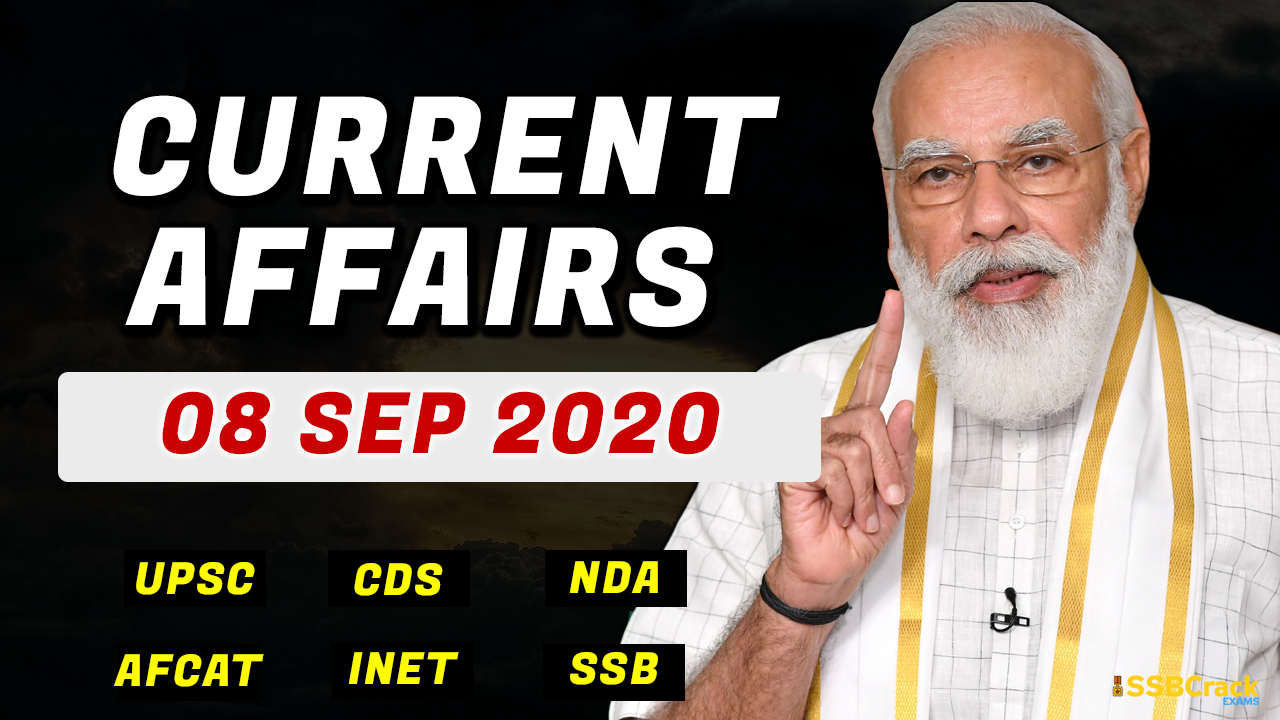What counts as ‘Act of God’?
- The Force Majeure or “Act of God” clause has its origins in the Napoleonic Code.
- FMC is a clause that is present in most commercial contracts and is a carefully drafted legal arrangement in the event of a crisis.
- The law of contracts is built around a fundamental norm that the parties must perform the contract.
- When a party fails to perform its part of the contract, the loss to the other party is made good.
- The law carves out exceptions when performance of the contract becomes impossible to the parties.
- A force majeure clause (FMC) is one such exception that releases the party of its obligations to an extent when events beyond their control take place and leave them unable to perform their part of the contract.
- When the clause is triggered, parties can decide to break from their obligations temporarily or permanently without necessarily breaching the contract.
- Generally, an “Act of God” is understood to include only natural unforeseen circumstances
- War, riots, natural disasters or acts of God, strikes, introduction of new government policy imposing an embargo, boycotts, outbreak of epidemics and such situations are generally listed in the clause.
- Attributing the shortfall in GST collections to disruptions due to Covid-19, Finance Minister said the economy is facing an Act-of-God-like situation.
First World Solar Technology Summit
- Today First World Solar Technology Summit (WSTS) being organized by the International Solar Alliance (ISA).
- It is expected to bring the spotlight on accelerating affordable and sustainable clean green energy by showcasing and deliberating on innovative state of the art next generation technologies in solar power.
- More than 26000 participants from 149 countries have registered to join the virtual Summit
- The summit is going to launch 8 initiatives and guidelines
- Solar Photo-voltaic Technician Skill development initiative.
- ISA Cares Initiative.
- Undergraduate Programme (UG) for small Island, Developing states and Least Developed Countries.
- Price Exploratory Global bid for energy that will provide access to 47 million households through solar parks.
- Advisory for manufacturers to produce solar kits-based ventilators.
- Action plan to develop 20 GW of Solar parks.
- World Solar Bank
- A new website for the ISA will be launched.
Foreign Contribution Regulation Act
- Licenses of six NGOs have been suspended under the Foreign Contribution Regulation Act (FCRA) by the Union Home Ministry.
- NGO can no longer receive fresh foreign funds
- Among the six NGOs, four are Christian associations.
- What is FCRA 2010?
- Foreign funding of voluntary organizations in India is regulated under FCRA act
- It is implemented by the Ministry of Home Affairs.
- The FCRA regulates the receipt of funding from sources outside of India to NGOs working in India.
- It prohibits the receipt of foreign contribution “for any activities detrimental to the national interest”.
- It is mandatory to have FCRA clearance for any organisation to receive foreign funds. NGOs are required to register themselves every five years.
‘Moplah rioters’ not freedom fighters: report
- A report submitted to the Indian Council of Historical Research (ICHR) in 2016 had recommended the de-listing of Wagon Tragedy victims and Malabar Rebellion leaders Ali Musliyar, Variyam Kunnath Ahmad Haji.
- In the ‘Dictionary of Martyrs’, published in 2019 these three were the chief architects of the Moplah Massacre.
- What was Moplah rebellion?
- The Moplah Rebellion is a part of the Khilafat Movement led by Mahatma Gandhi and the Ali Brothers in 1921-22.
- It was a part of Non-Cooperation Movement.
- Location: Kerala’s Malabar
- Involved the Moplah or Mappila Muslims of the region.
- The resistance which started against the British colonial rule and the feudal system
- Later ended in communal violence between Hindus and Muslims.
- After a short period, the British suppressed the rebellion.
- What was wagon tragedy?
- The wagon tragedy was the death of 64 prisoners on 20th of November 1921
- Moplah rebel farmers herded into a windowless wagon without food and water to be transported to the Coimbatore prison.
- This horrific incident came to be called the Jalian Wallabagh of the South.
8th September: International Literacy Day
- At the 14th session of UNESCO’s general conference in 1966, the first ever International Literacy Day was declared and since then it has been celebrated annually on September 8
- It is celebrated to make people aware about the importance of literacy which no doubt is a matter of dignity and human rights.
- It is key component of the UNs Sustainable Developmental Goals.
- This year’s theme focuses on the ‘Literacy teaching and learning in the Covid-19 crisis and beyond.’
Current COVID19 Situation in India


QUIZ TIME
First World Solar Technology Summit (WSTS) being organized by
- The International Solar Alliance
- SCO
- World Bank
- United Nations Environment Programme
Answer – A
The FCRA regulates the receipt of funding from:
- Sources Inside India to NGOs working in India
- Sources outside of India to NGOs working in India
- Both
- None
Answer – B
Under FCRA NGOs are required to register themselves in how many years?
- 3 years
- 2 years
- 5 years
- 10 years
Answer – 5
Question of the Day
What is Kishore Vaigyanik Protsahan Yojana?
Answer in next session…







